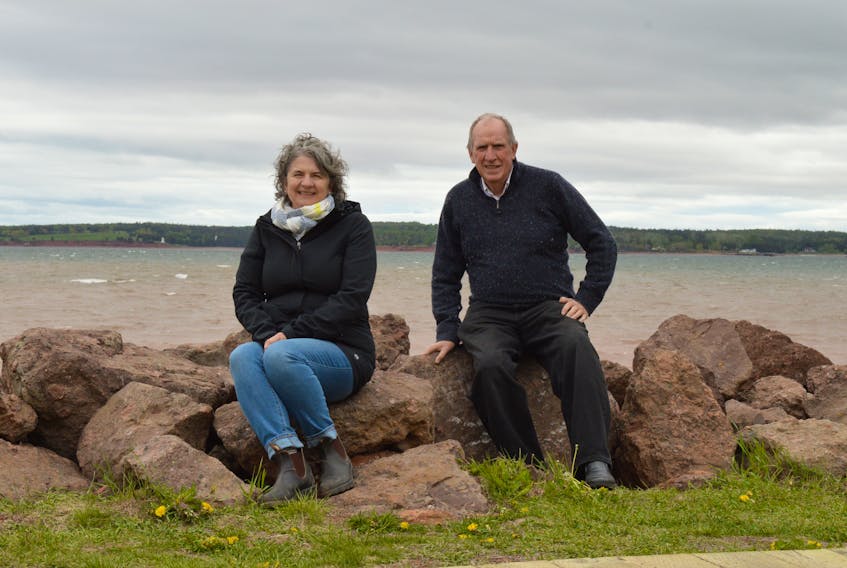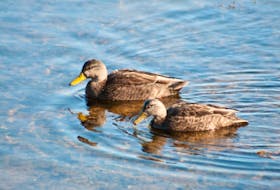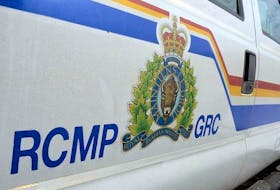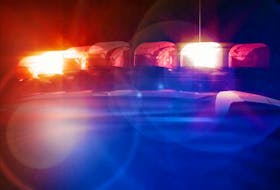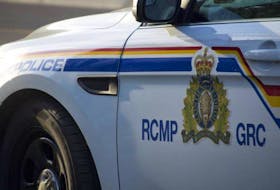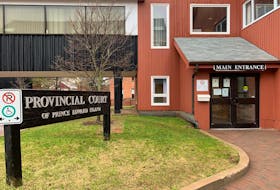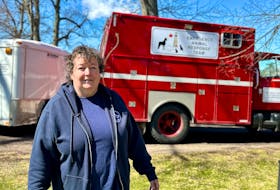When Julianna Kozma goes to the grocery store, she parks at the back of the lot to avoid the stares – or worse – calls to police.
“I have Quebec licence plates on my car, god help me. I am now a pariah,” said Kozma in a letter to the editor published May 19.
Kozma and her family have been visiting the Island for decades and have owned a home in French River for more than 10 years where her daughter lives year-round.
Kozma and her husband plan to retire to the Island, but for now they and their two parrots travel back and forth between P.E.I. and their other home in Quebec’s Laurentian region.
Shutting borders
P.E.I. has been locked down to manage the global coronavirus (COVID-19) pandemic for nearly 12 weeks. Borders are monitored and only essential travel has been permitted since March.
As a result, P.E.I. has no active cases of COVID-19, and the 27 lab-confirmed cases are now considered recovered.
The provincial public safety office has been vigilant to stay in contact with anyone recently arriving to the province, and fines have been issued to people found to be not self-isolating.
A 1-800 number was set up early in the pandemic to let people call in when they see an unsafe behaviour. The so-called "snitch line” has caused the shut-down of more than one well-meaning activity.
Chief public health officer Dr. Heather Morrison takes a moment at every media briefing to encourage Islanders to remain compassionate.
“Let’s look after one another, let’s be patient, let’s be kind, and we’re going to get through this,” said Morrison at the June 2 media briefing.

Despite Morrison’s urging, and the actions of many to lift each other’s spirits with teddy bears and food bank donations, comments on social media indicate the pandemic has ignited Islanders’ territorial nature.
“You become wary, then you become incensed that this is actually happening here on the Island,” said Kozma, referring to those calling the complaints line or police when they see an out-of-province licence plate.
Kozma said the extra scrutiny makes her uncomfortable.
“It makes me sad as well. We’re living in an environment of hate. A lot of this is fear-based," she said.
“The government, Dr. Morrison, they’re doing things properly. They’re putting things in place that are geared toward keeping the Islanders safe. But there has to be an element of trust from the Islanders themselves that protocols will be followed.”
An 'island' issue
Around the world, islands are known to be self-reliant while remaining some of the most connected places in the world through export trade and visitors, said James Randall, a UNESCO chair in island studies and sustainability who teaches at UPEI.

“There are these shades of grey about what constitutes being an Islander, and we have to be very careful,” said Randall.
Excluding some people because they aren’t “Island enough” is a slippery slope, he said.
“The concept of ‘come from away’ in the Atlantic provinces is a form of discrimination. It may be couched in language that is almost humorous in some cases, but there’s still an edge of ‘us versus them’ in the words being used,” said Randall.
Laurie Brinklow was one of the first faculty members at the Institute of Island Studies when it formed at UPEI in the 1990, where she continues to lecture.
Island cultures tend to be very good at maintaining tight social networks but not as skilled at building bridges to include others, she said, adding the complaints line to P.E.I. public safety has brought out the worst in people.
“It’s a factor on small islands and small communities where people are so strongly interconnected,” said Brinklow.
The boundedness of islands, as they are surrounded by water, leads to a strong sense of place, she said.
“Because it’s bounded, it’s very intensified. People’s passions can be very intensified – the worst and the best parts – so that’s where we’re seeing the worst parts of ‘islandness’,” said Brinklow.
At one time, P.E.I. welcomed Lebanese newcomers who began to work as pedlars, and eventually two descendants became premier of the province, said Randall.
He urges Islanders to question their values and what it truly means to be an Islander before deciding who is or is not welcome here.
“Maybe for this moment in time, what’s defining us culturally is whether you have a virus or have been exposed to the virus or if you’ve not been exposed to the virus. And that’s not going to be a long-term kind of thing,” said Randall.
“Maybe we should think of all of those differences that we’ve overcome in the past to think about how we’re going to overcome this as well.”
Planning a return
Kozma has gone back to Quebec to fulfil her teaching contract and hopes to return later in the summer. She has already started the paperwork in preparation.
“When I left the Island, I left May 13, I was wondering, ‘OK, what am I doing? How will I ever get back? Do I want to come back at this point?’ ”
She questioned herself, but the answer came quickly.
“Yeah, I want to come back because my daughter is there,” she said.
She has also invested a lot of time and work into her home, with more to do.
“We have to be there regularly. Why should we be punished for something like that just because we have a Quebec licence plate?
"People have to realize that this virus is going to be around for a while. ... Shutting the Island out from the rest of the world is not an accommodation that will work.”

